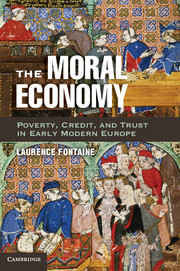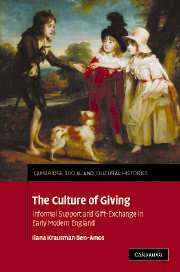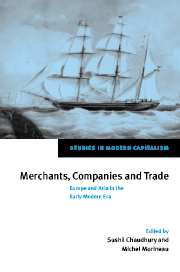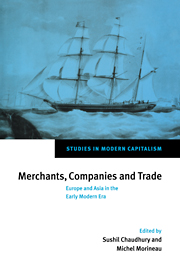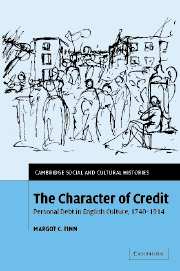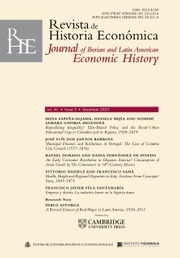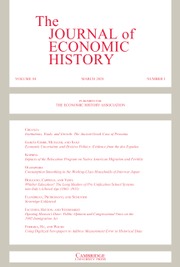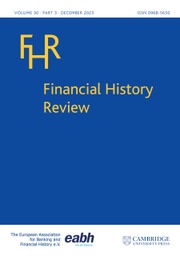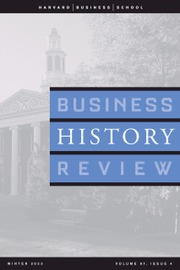The Moral Economy
The Moral Economy examines the nexus of poverty, credit, and trust in early modern Europe. It starts with an examination of poverty, the need for credit, and the lending practices of different social groups. It then reconstructs the battles between the Churches and the State around the ban on usury, and analyzes the institutions created to eradicate usury and the informal petty financial economy that developed as a result. Laurence Fontaine unpacks the values that structured these lending practices, namely, the two competing cultures of credit that coexisted, fought, and sometimes merged: the vibrant aristocratic culture and the capitalistic merchant culture. More broadly, Fontaine shows how economic trust between individuals was constructed in the early modern world. By creating a dialogue between past and present, and contrasting their definitions of poverty, the role of the market, and the mechanisms of microcredit, Fontaine draws attention to the necessity of recognizing the different values that coexist in diverse political economies.
- Discusses the role of credit and the lending practices of different social groups
- Examines the values behind economic practices
- Describes the political economy that emerged in early modern Europe
Reviews & endorsements
'The Moral Economy, a fascinating book by a seasoned social historian, is motivated by the question of whether the premodern moral economy holds any lessons for how future generations should approach social problems. Lamenting the extent to which contemporary politics has become dominated by modern economics, Laurence Fontaine begins her book by posing the question, ‘Is there an alternative to this new form of savagery that economic liberalism has become?' …' Carl Wennerlind, The Journal of Modern History
Product details
April 2014Paperback
9781107603707
325 pages
227 × 152 × 18 mm
0.44kg
Available
Table of Contents
- Introduction
- Prologue
- 1. Poverty, credit and social networks
- 2. Peasants and debt logic
- 3. The elite and debt logic
- 4. Urban financial microcircuits
- 5. Women's economic spheres and credit
- 6. Between bank and assistance: setting up pawnshops
- 7. The battle of prohibitions against usury
- 8. Political economies and cultures of exchange
- 9. Political economy and exchange practices
- 10. Building trust
- Conclusion.

